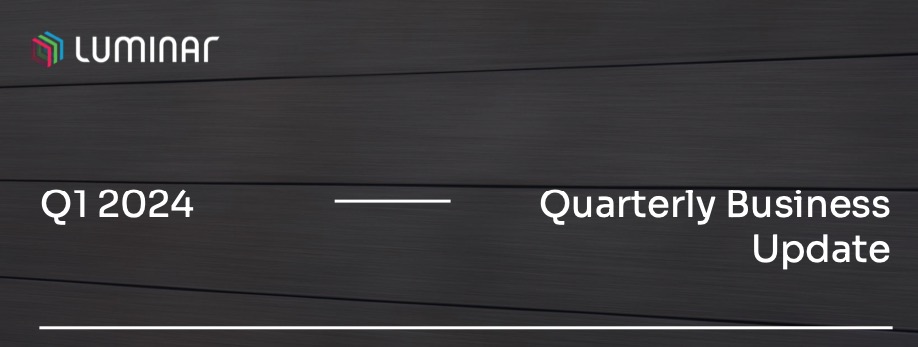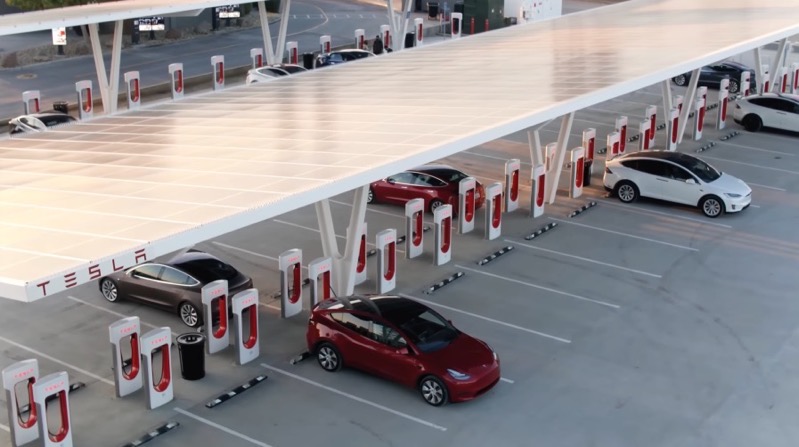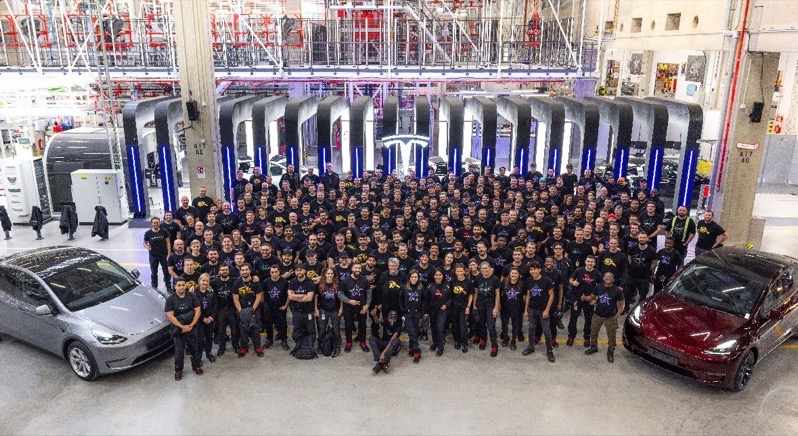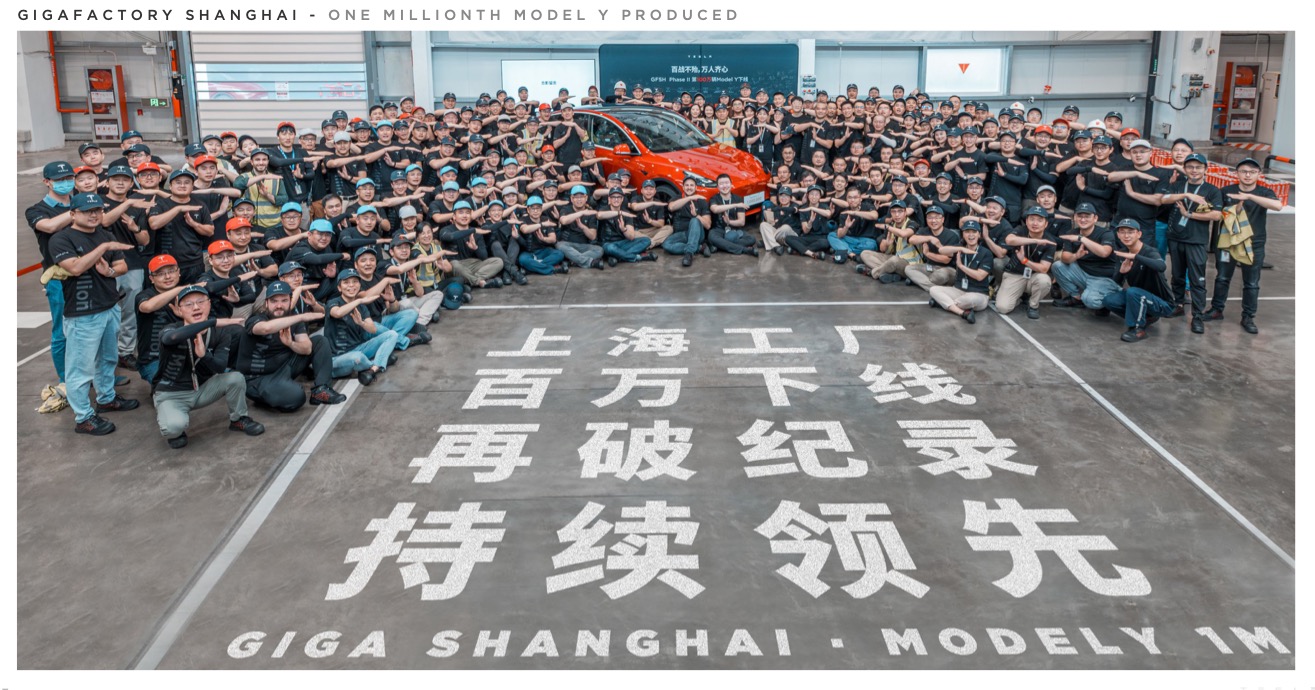
Tesla and India’s Commerce Minister to Discuss EV Market Entry: Report
In a significant development for Tesla’s expansion plans, Commerce Minister Piyush Goyal of India is scheduled to meet with Tesla CEO Elon Musk in the United States next week. Sources familiar with the matter indicate that the meeting aims to advance Tesla’s entry into the South Asian market, reports Reuters.
This high-profile meeting follows Musk’s interaction with Indian Prime Minister Narendra Modi in June, where Musk expressed interest in substantial investments in India. The discussions between Goyal and Musk are expected to focus on Tesla’s proposal to establish a manufacturing facility in India, produce a $24,000 car, increase component sourcing, and develop a nationwide charging infrastructure.
A key topic of discussion is likely to be India’s new policy, which proposes reducing the import tax rate for fully built electric vehicles (EVs) to 15%, a significant decrease from the current rate of up to 100%. This reduction is contingent on automakers committing to local manufacturing in India.
The meeting is seen as a crucial step in ensuring that negotiations between India and Tesla are progressing positively. However, both India’s commerce ministry and Tesla have not commented on these developments.
Tesla has been in discussions with Indian authorities for several months, expressing interest in establishing a local factory while seeking lower import taxes for some of its high-end models. In a related move, Prime Minister Modi’s office recently convened a meeting with various ministries to expedite the new EV policy.
A third source mentioned that the Indian government is assessing the potential impact of the new policy on the local EV market. Indian carmakers have raised concerns that lower import taxes on EVs could disrupt the market and adversely affect their plans.
Tesla’s initial attempt to enter the Indian market was in 2021, focusing on reducing the 100% import tax on EVs. However, these efforts stalled last year when Indian officials insisted on a commitment to local manufacturing before considering tax concessions.


